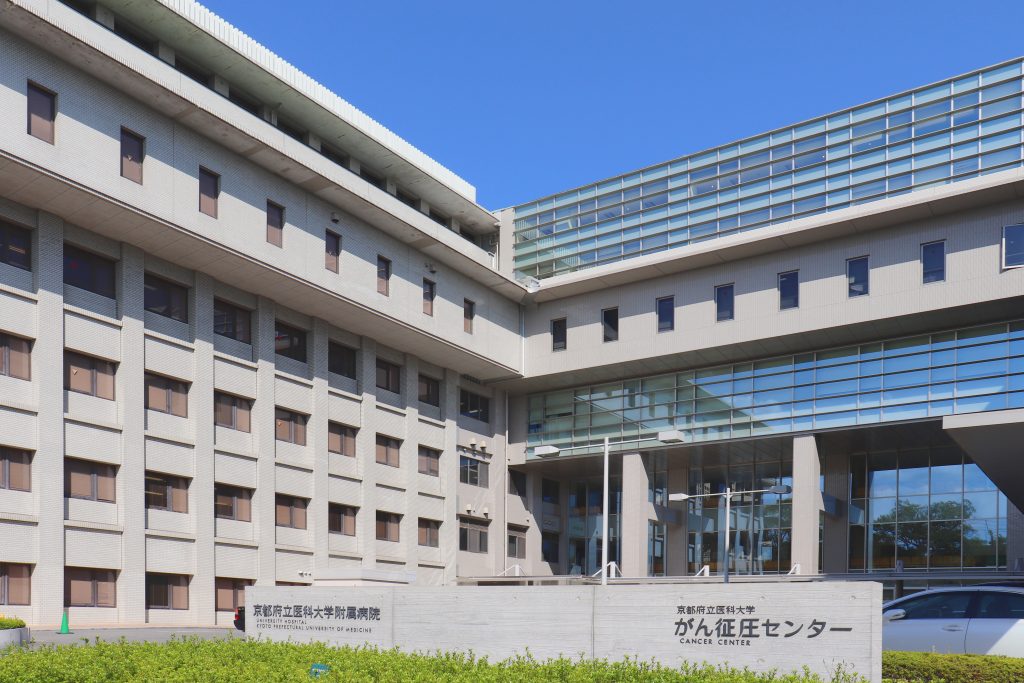
- ARAB NEWS
- 18 Jul 2025

KYOTO: A research team including Kyoto Prefectural University of Medicine has found that aspirin is effective in suppressing the development of a type of polyp highly likely to turn into colon cancer.
The study, published Friday in the online version of a European medical journal, focused on familial adenomatous polyposis, or FAP, an inherited condition characterized by numerous polyps generated in the large intestine.
The polyps are nearly 100 pct certain to develop into colon or rectal cancer by around the time FAP patients turn 60.
Japan has 7,300 FAP patients. Currently, the only effective way to prevent such cancer is to remove the large intestine entirely.
The study brought together 102 adult FAP patients who had had polyps at least 5 millimeters in diameter removed from their large intestines.
Of them, 52 took a placebo for eight months, and half of them were found to have developed new polyps.
Fifty other patients took 100 milligrams of aspirin every day. After that, new polyps were found in only 15 of them.
Effects of aspirin were more evident in the left side of the large intestine, including the rectum, where cancer develops more frequently, according to the team.
“We’re considering increasing patients and have them take aspirin for two years to examine the intended effects and negative side effects more closely,” said Hideki Ishikawa, specially appointed professor at the university.
JIJI Press